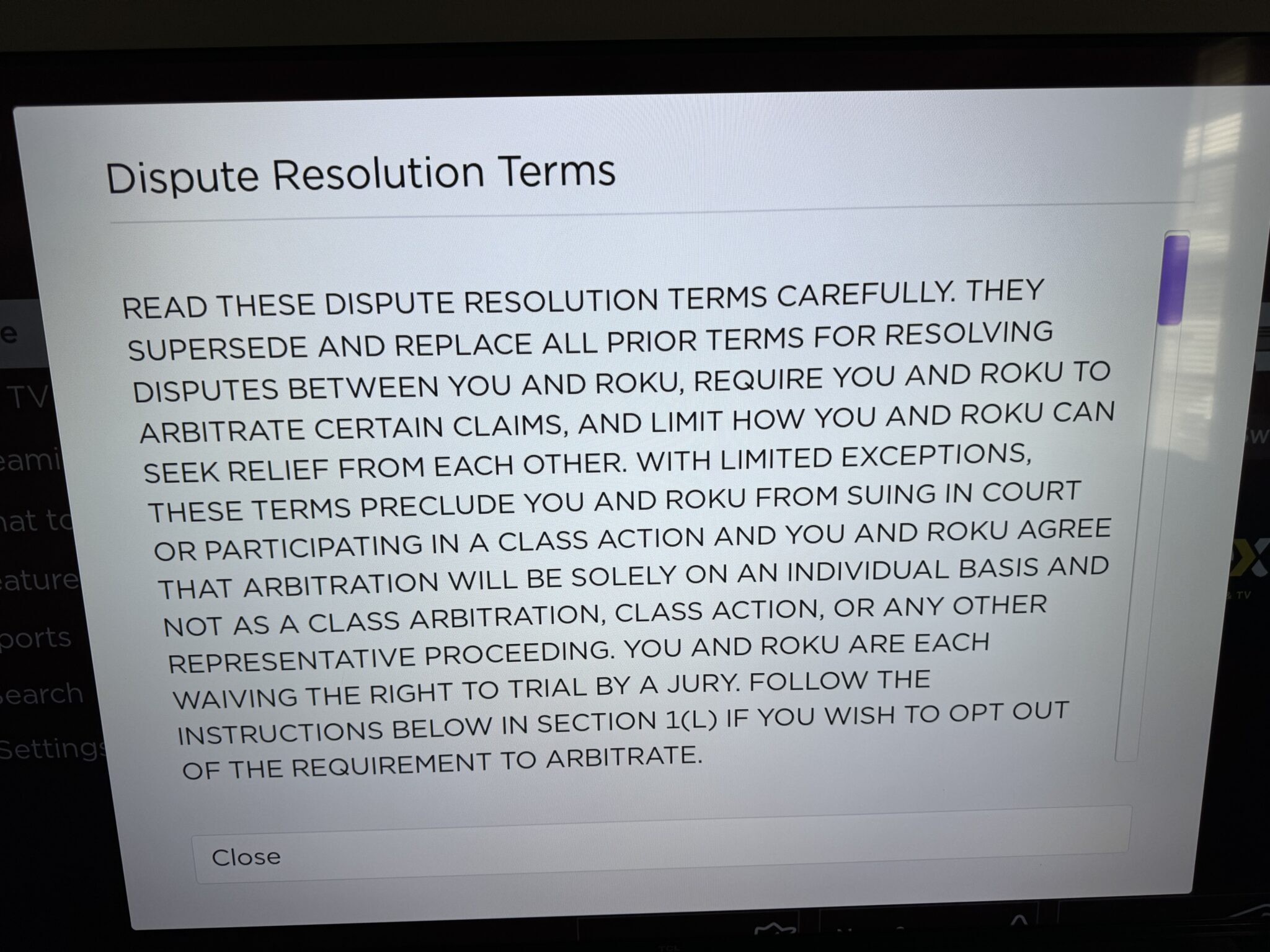this post was submitted on 03 Mar 2024
1518 points (98.7% liked)
Technology
81759 readers
3068 users here now
This is a most excellent place for technology news and articles.
Our Rules
- Follow the lemmy.world rules.
- Only tech related news or articles.
- Be excellent to each other!
- Mod approved content bots can post up to 10 articles per day.
- Threads asking for personal tech support may be deleted.
- Politics threads may be removed.
- No memes allowed as posts, OK to post as comments.
- Only approved bots from the list below, this includes using AI responses and summaries. To ask if your bot can be added please contact a mod.
- Check for duplicates before posting, duplicates may be removed
- Accounts 7 days and younger will have their posts automatically removed.
Approved Bots
founded 2 years ago
MODERATORS
you are viewing a single comment's thread
view the rest of the comments
view the rest of the comments

Isn't this equivalent to those trucks that have "stay back 300 feet - not responsible for damage" signage, when in reality they are legally responsible if their load isn't secured?
it certainly hasn't been tested in court yet, at least not that I've been able to find. These EULAs are often just corporate wishlists and until they go in front of a judge it's difficult to know what provisions will actually stick. I hope that they don't have the ability to bait and switch EULAs but this is America, some judge somewhere might take it upon himself to protect my freedom to have my TV remotely disabled after I pay for it.
Then I really wish there were regulations over what kinds of things you're allowed to put in a contract. If there were punitive measures for putting things in contracts that anyone should know is not enforceable, then maybe companies would think twice before putting language like this in.
There are some regulations. A contract can be ruled unconscionable by a court, which is basically saying "no one in their right mind would ever agree to this so we're not gonna enforce it". Contracts have to give both sides duties (things they have to do) and consideration (things they get for performing the duties), so no court will enforce a contract that doesn't materially benefit both sides in some way.
But I agree with you that there should be some sort of blowback to putting together purposely overreaching contracts and then counting on people not knowing their rights or not having the resources to enforce them in order to profit from an illegitimate contract.
Yeah, that second paragraph is more what I was thinking (terrible phrasing on my part). The issue is that fighting these contracts in court is risky - you might lose, and even if you don't, it's a big commitment to fight a legal case against a large company no matter which jurisdiction you're in.
To put it another way, look at it from a game theory perspective - there's plenty of benefit from putting these terms in, and no downside whatsoever. So the optimal move for vendors is to put garbage like this into the contact.
There have been US court cases where arbitration clauses were voided if they weren't prominently visible outside the box before purchase. Dang vs Samsung
"This is the type of shit I be talking about" ---dmx
Iirc wasn't that one on the box of a fridge, but the people who installed it deboxed it first and then Samsung tried to argue that the customer was still bound by a EULA they never knew existed?
That's another one still working through the court.
Arbitration is allowed in an EULA and has been sanctioned by courts.
Most agreements are considered enforceable as long as their content is reasonable, you have been granted sufficient notice to accept or decline the agreement, the agreement is not unconscionable, and it doesn't violate the UCC.
The question isn't whether arbitration clauses are legal the question is whether selling someone something and then, after the sale, presenting them with a take it or leave it EULA that disables the product if they dont agree, and also what recourse the consumer has if they don't agree to a post-sale EULA. Brower v Gateway said that post-sale EULAs are binding but only because in that case the consumer had the option to return the product for a refund and didn't. Klocek v Gateway ruled that any terms presented after a sale represent a separate contract beyond the one that was agreed to by both parties at the time of sale. It's possible that either of these would apply to the OP. It's also possible for courts to rule that the sale of the physical TV was a one-time agreement but that this EULA is separate and represents an ongoing agreement to allow access to Roku's services.
Your comment actually circles around the issue at hand when you say that EULAs are enforceable if "...you have been granted sufficient notice to accept or decline...". The thrust of the argument is that adding conditions after the sale of an object that, if not agreed to, render the object inoperable feels an awful lot like not being given sufficient notice and is essentially a backdoor by which the contract can be unilaterally amended after agreement.
I just think that contracts of adhesion (IIRC) should be illegal or unenforceable. Make me wet sign a document or go to a separate docusign at least, this click wrap is crap. Get me to affirmatively agree, not click OK till the install or setup completes. Otherwise I strongly disagree there's actually a meeting of the minds. And if I can't send back my suggested alterations for cross signatures, it's not a valid contract either IMHO.
That said, we've decided to continue to screw people over as we all know.
kek